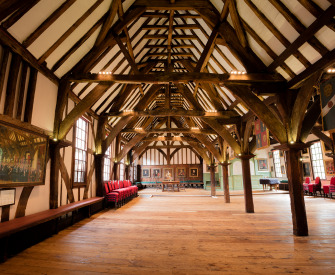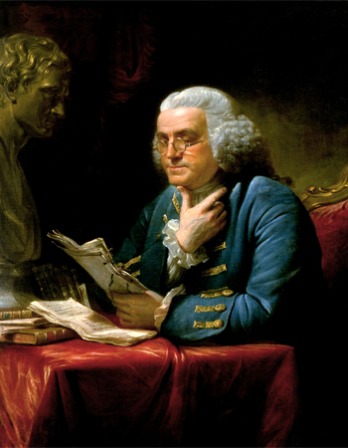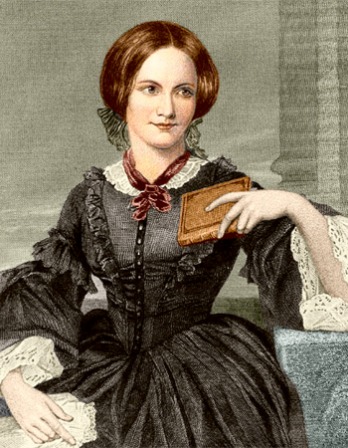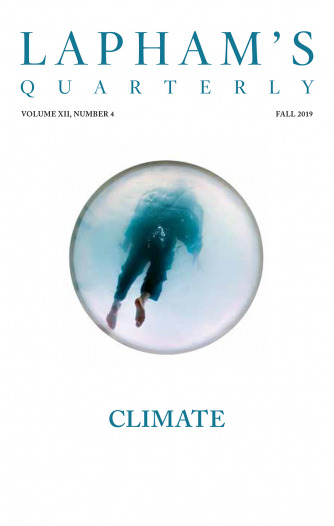Your Majesty may think it the misfortune I now lie under makes me make this application to you, but I do assure Your Majesty it is the remorse I now have in me of the wrong I have done you in several things, and now in taking up arms against you.
For my taking up arms, it was never in my thoughts since the king died. The prince and princess of Orange will be witness for me of the assurance I gave them that I would never stir against you. But my misfortune was such as to meet with some horrid people who made me believe things of Your Majesty, and gave me so many false arguments that I was fully led away to believe that it was a shame and a sin before God not to do it. But, sir, I will not trouble Your Majesty at present with many things I could say for myself, that I am sure would move your compassion, the chief end of this letter being only to beg of you that I may have that happiness as to speak to Your Majesty, for I have that to say to you, sir, that I hope may give you a long and a happy reign.
I am sure, sir, when you hear me, you will be convinced of the zeal I have of your preservation and how heartily I repent of what I have done. I can say no more to Your Majesty now, being this letter must be seen by those that keep me. Therefore, sir, I shall make an end, in begging of Your Majesty to believe so well of me that I would rather die a thousand deaths than excuse anything I have done, if I really did not think myself the most in the wrong that ever a man was and had not from the bottom of my heart an abhorrence for those that put me upon it, and for the action itself. I hope, sir, God Almighty will strike your heart with mercy and compassion for me, as he has done mine with abhorrence of what I have done; wherefore, sir, I hope I may live to show you how zealous I shall ever be for your service; and could I but say one word in this letter, you would be convinced of it, but it is of that consequence that I dare not do it. Therefore, sir, I do beg of you once more to let me speak to you; for then you will be convinced how much I shall ever be
Your Majesty’s most humble and dutiful,
A letter to King James II. Born the illegitimate son of King Charles II in 1649, Monmouth, a Protestant, was regarded by some politicians and noblemen as a possible successor to the throne over the acknowledged heir, the duke of York, a Catholic. After the duke of York became King James II in February 1685, Monmouth raised a rebel army but the expected supporting uprisings in London and Cheshire did not occur. He was captured in a ditch outside Ringwood and wrote the above letter shortly before his execution on July 15.
Back to Issue





